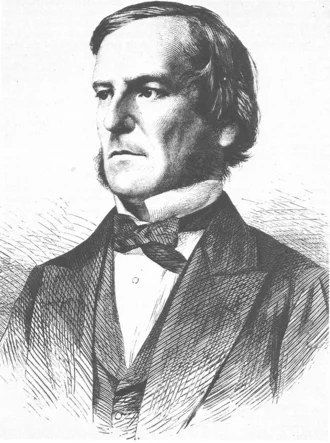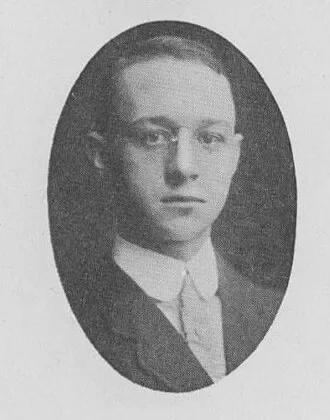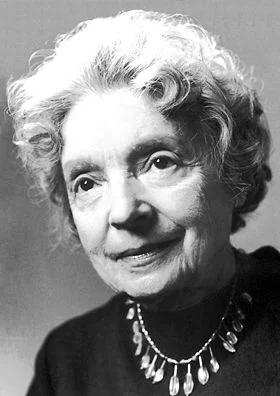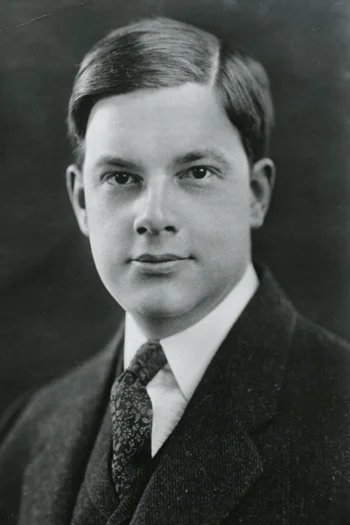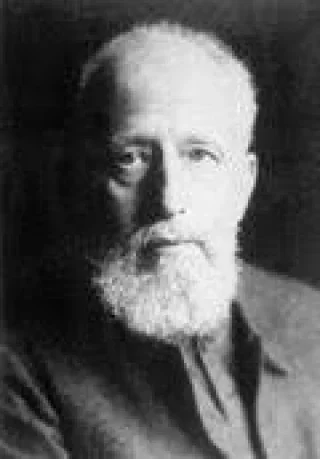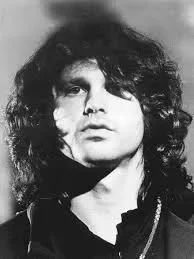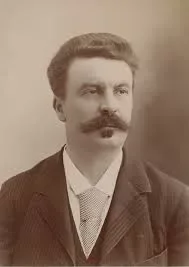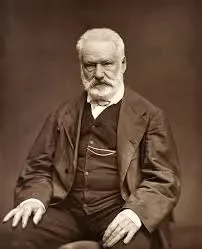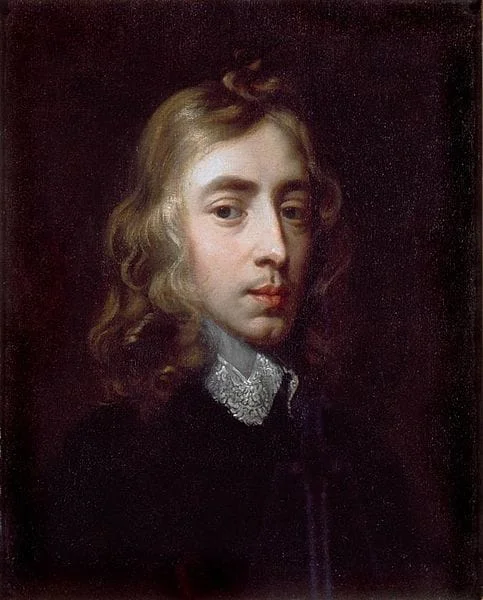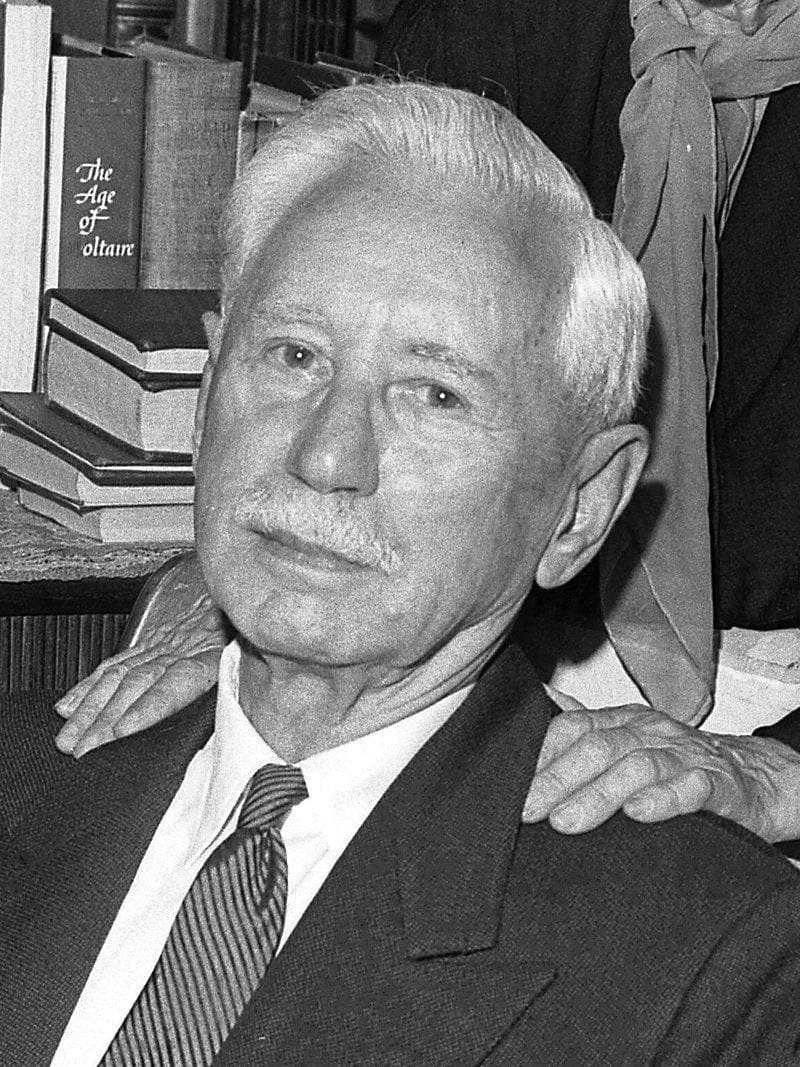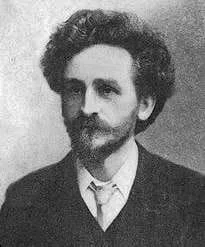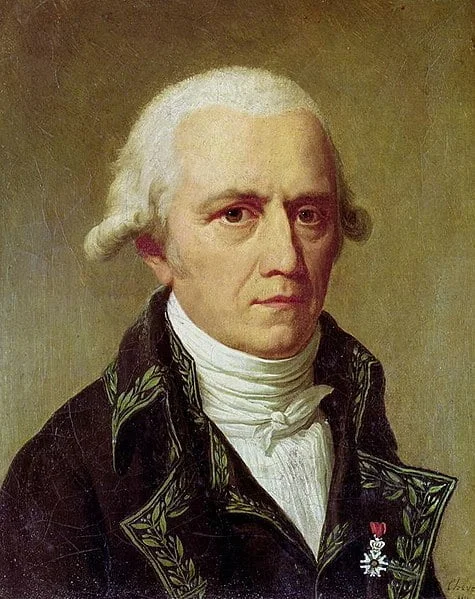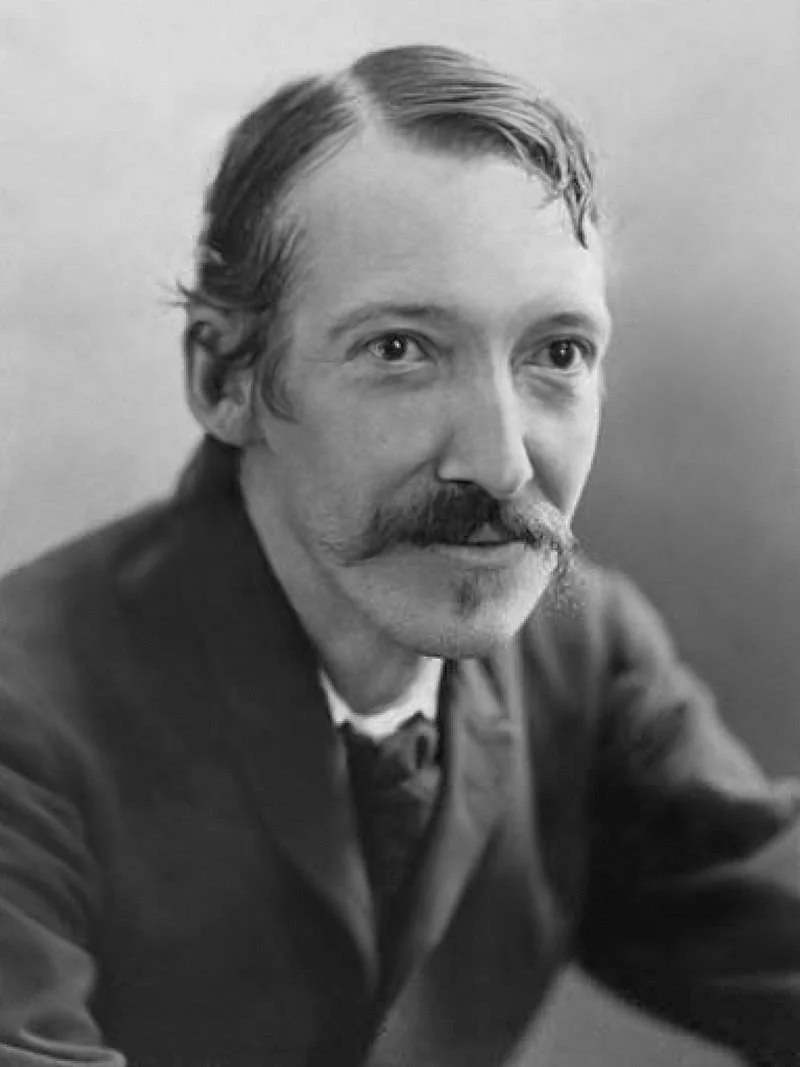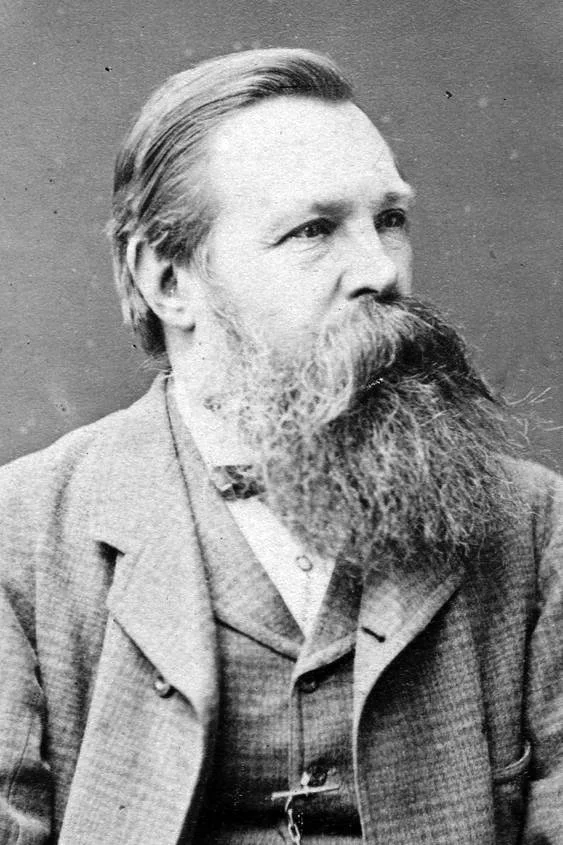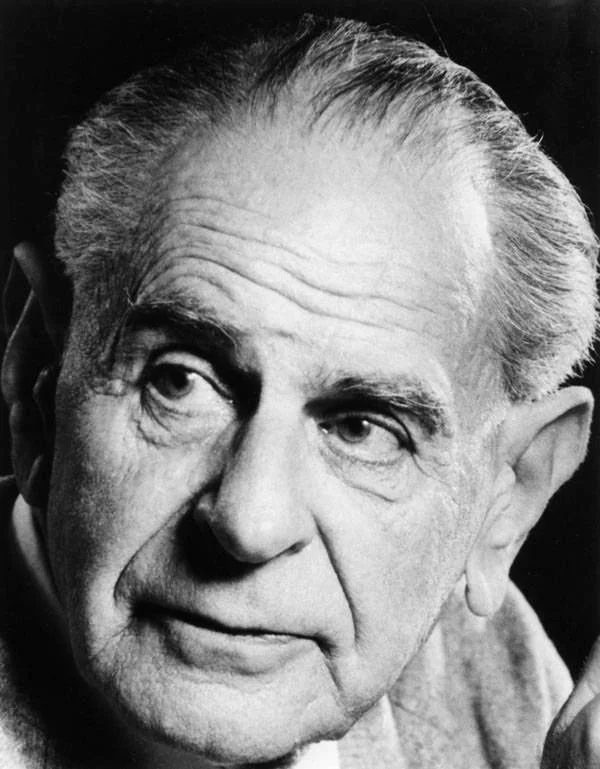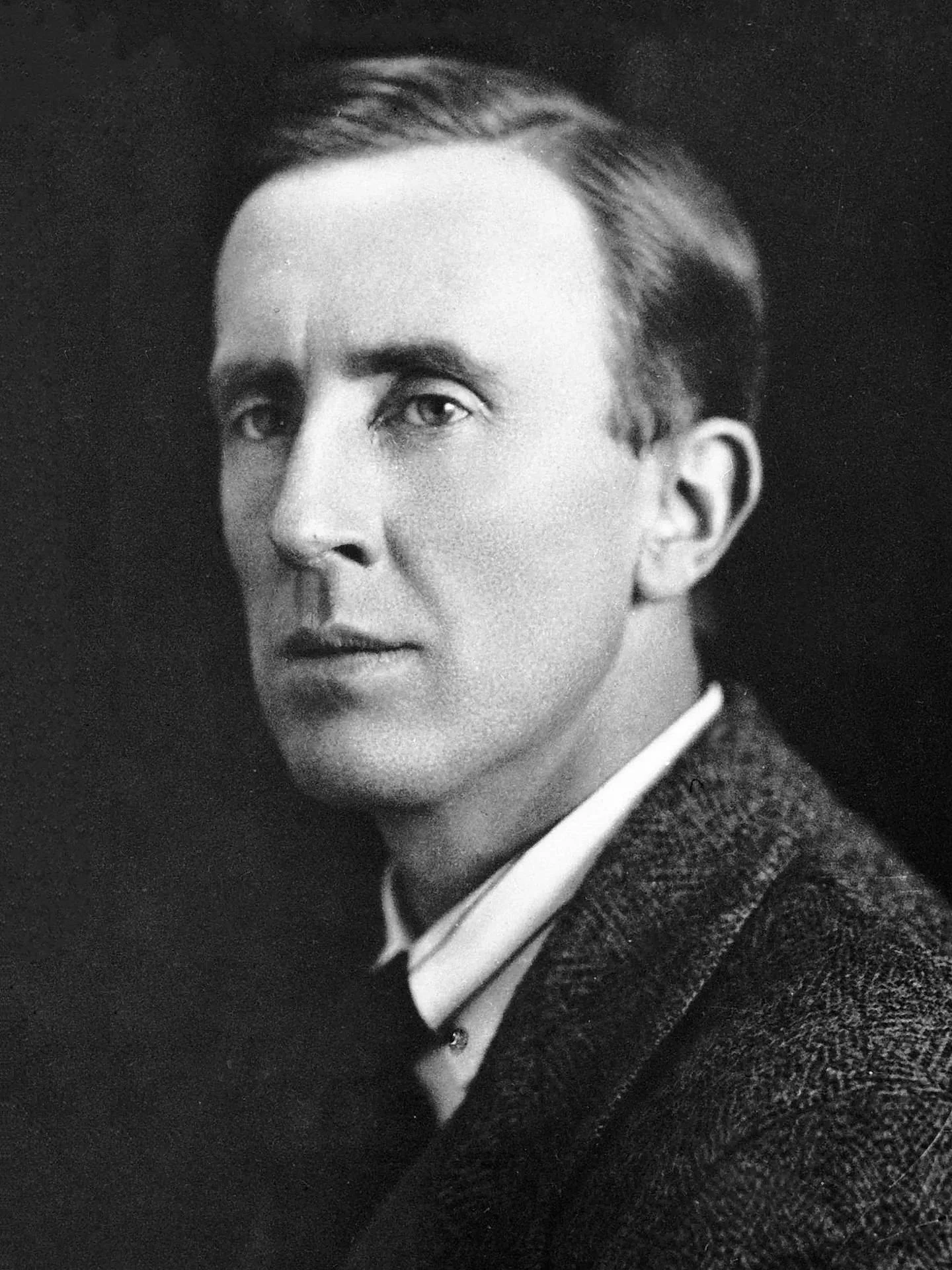Real Celebrities Never Die!
OR
Search For Past Celebrities Whose Birthday You Share
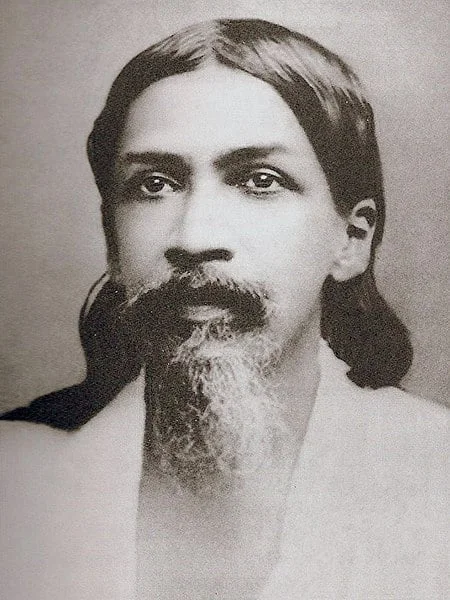
Sri Aurobindo
Birthday:
15 Aug, 1872
Date of Death:
05 Dec, 1950
Cause of death:
Uremia
Nationality:
Indian
Famous As:
Indian
Age at the time of death:
78
Sri Aurobindo's Quote's
Introduction to Sri Aurobindo
Sri Aurobindo, born Aurobindo Ghose, on August 15, 1872, in Calcutta, British India, was a multifaceted and influential figure in Indian philosophy, spirituality, and politics. His life and work spanned the late 19th and early 20th centuries, leaving an indelible mark on India’s intellectual and spiritual landscape.
Early Life and Education
Sri Aurobindo’s early life was marked by a blend of Western education and exposure to Indian cultural traditions. He studied at St. Paul’s School in London and later attended King’s College, Cambridge. Despite excelling in academics, he felt a deep spiritual calling, leading him to explore Indian philosophies, including Vedanta.
Return to India and Political Involvement
Returning to India in 1893, Aurobindo joined the civil service but soon became involved in the burgeoning Indian nationalist movement. His political journey began with a position in Baroda, where he contributed to educational reforms. However, his transformation into a prominent nationalist figure emerged during his tenure in Bengal.
Role in the Indian Nationalist Movement
Aurobindo’s eloquent writings and speeches fueled the nationalist fervor against British colonial rule. His influential role in the formation of the extremist faction within the Indian National Congress marked a pivotal period in the struggle for independence. His publication, “Bande Mataram,” became the rallying cry for the freedom movement.
Spiritual Awakening
In 1905, Aurobindo experienced a profound spiritual awakening that redirected the course of his life. This marked the beginning of his journey into integral yoga, a path that seeks the divine in all aspects of life. He withdrew from active politics to focus on spiritual pursuits in Pondicherry, where he eventually established the Sri Aurobindo Ashram.
Collaboration with “The Mother”
A significant aspect of Sri Aurobindo’s spiritual journey was his collaboration with Mirra Alfassa, known as “The Mother.” Together, they shaped the Sri Aurobindo Ashram into a center for spiritual practice and self-realization. The ashram attracted seekers from around the world, fostering a community dedicated to integral yoga.
Philosophical Contributions
Sri Aurobindo’s philosophical contributions are vast and encompass diverse fields. His magnum opus, “The Life Divine,” explores the synthesis of spirituality and science, advocating for the evolution of consciousness. The concept of the “Supramental,” an evolved and divine consciousness, is a central theme in his philosophy.
Literary and Poetic Works
Apart from his philosophical writings, Sri Aurobindo was a prolific poet and literary figure. His poetry, including “Savitri,” reflects his mystical experiences and philosophical insights. The profundity of his verses resonates with readers, offering a glimpse into the spiritual dimensions of existence.
Legacy and Passing
Sri Aurobindo continued his spiritual teachings until his passing on December 5, 1950, in Pondicherry. The legacy of his work extends beyond the ashram, influencing thinkers, writers, and spiritual seekers globally. The Auroville community, an international township near Pondicherry, stands as a testament to his vision of human unity and spiritual evolution.
Conclusion
In conclusion, Sri Aurobindo’s life was a tapestry woven with threads of political activism, spiritual exploration, and profound philosophical insights. His contributions to India’s independence movement and the realm of spirituality have left an enduring impact, making him a revered figure in both national and global contexts.
Name:
Sri Aurobindo
Popular Name:
Sri Aurobindo
Gender:
Male
Cause of Death:
Uremia
Spouse:
Place of Birth:
Calcutta, Bengal Presidency, British India (present-day Kolkata, West Bengal, India)
Place of Death:
Pondicherry, French India (present-day Pondicherry, Puducherry, India)
Occupation / Profession:
Personality Type
Protagonist: Charismatic and inspiring leaders, able to mesmerize their listeners. He was able to inspire thousands of people.
Aurobindo exhibited literary talent at a young age, writing poetry in English when he was just nine years old.
Aurobindo’s concept of “Integral Yoga” is a synthesis of various yogic paths, emphasizing the evolution of human consciousness.
Aurobindo spent a year in Alipore Jail in 1908-1909, accused of involvement in revolutionary activities.
Aurobindo’s vision of Auroville, an international township near Pondicherry, was grounded in the idea of human unity. Auroville continues to attract people from around the world who are inspired by this vision.
Aurobindo played a pivotal role in India’s struggle for independence, advocating for complete freedom from British rule.
Aurobindo was a prolific poet, and his poetic work, particularly “Savitri,” is celebrated for its depth, mysticism, and spiritual insights.
He was nominated for the Nobel Prize twice

